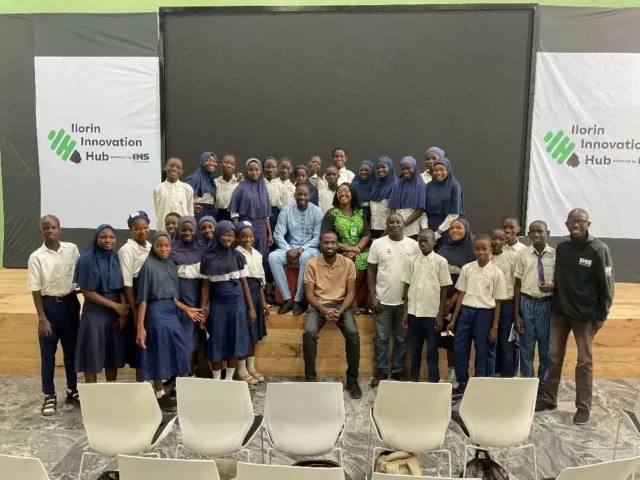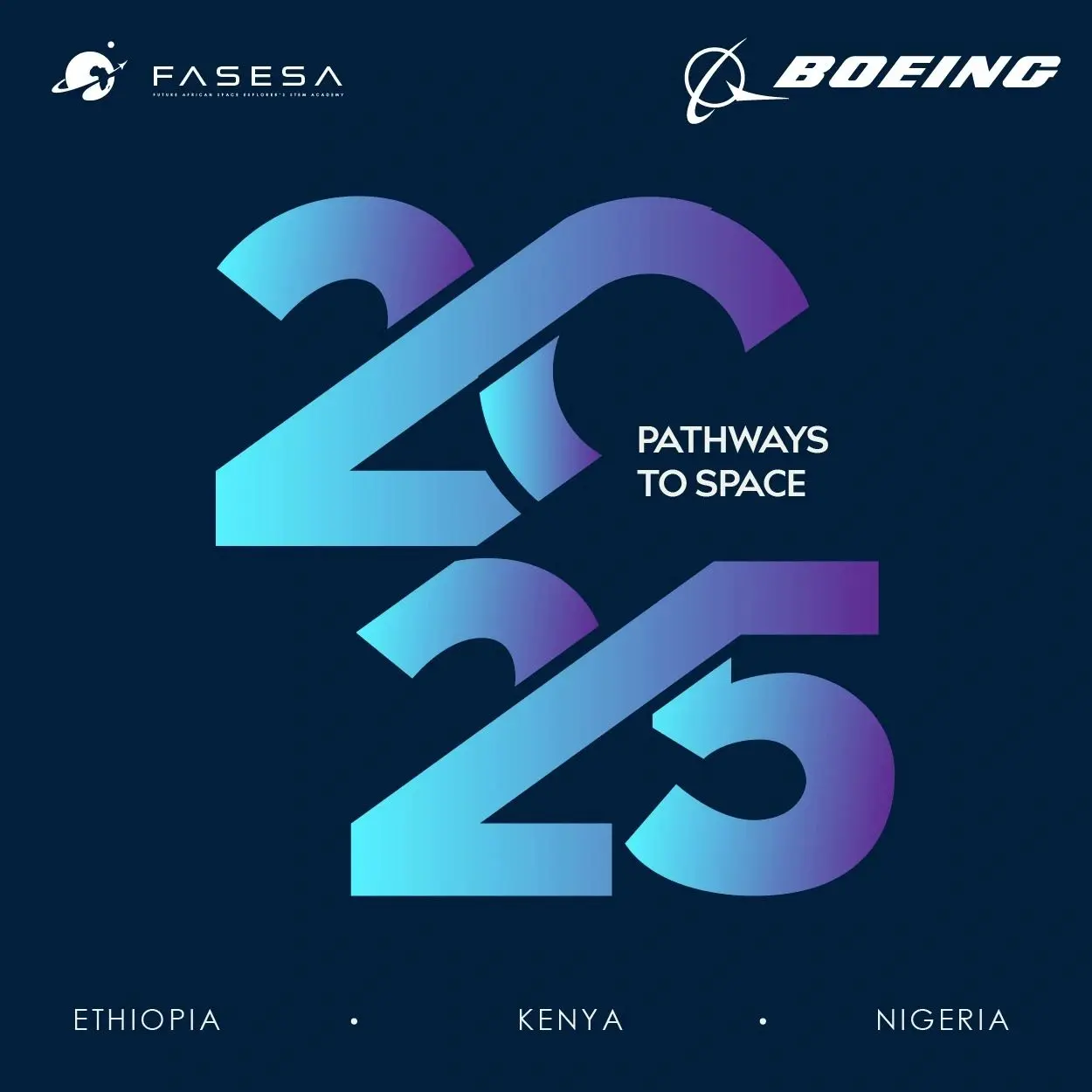FASESA & Boeing’s ‘Pathways to Space’ Debuts in Kenya—Expands to Ethiopia & Nigeria
Over five months, 300 students will engage in hands-on STEM training, laying the groundwork for Africa’s space sector.

The Future African Space Explorers STEM Academy (FASESA) and Boeing have announced the expansion of their ‘Pathways to Space’ program to Kenya, marking its introduction in the country alongside its relaunch for a second edition in Ethiopia and Nigeria.
According to FASESA Founder and Executive Director Sean Jacobs, the initiative is designed to prepare the next generation of engineers, astronauts, and scientists through hands-on STEM training.
“This is about more than education—it’s about ownership of Africa’s future in space,” Jacobs stated.
Hands-on Training for 300 Students
Over the next five months, 300 high school students will engage in practical STEM activities, including satellite technology exploration, payload construction, and balloon tracking experiments, Boeing confirmed. The company emphasised that the program aligns with African nations’ expanding satellite programs and space exploration goals.
Kuljit Ghata-Aura, Boeing president for the Middle East, Türkiye, Africa, and Central Asia, noted that the initiative builds on Boeing’s expertise in aerospace education.
“The program leverages Boeing’s extensive experience in space, combined with FASESA’s proven educational methodologies and deep understanding of the African educational landscape, to inspire the next generation to reach for the stars,” Ghata-Aura said.
Addressing Barriers in Space Education
FASESA highlights that many African students face challenges in accessing space-related careers due to limited exposure, educational barriers, and resource constraints.

According to the organisation, the initiative aims to bring space exploration into African classrooms, ensuring broader participation despite existing obstacles.
“We’re building the capacity now that will define Africa’s contribution to space in the decades to come,” Jacobs said, reinforcing FASESA’s commitment to long-term STEM education in the region.
Previous Success and Program Growth
The expansion follows the success of the first cohort of the Pathways to Space program, which graduated 312 students in July 2024, with participants from Ethiopia, Nigeria, and Tanzania.

That initial group included 50% female students, demonstrating efforts toward gender inclusivity in Africa’s aerospace sector.
FASESA and Boeing have confirmed that the new phase will continue to scale opportunities for African youth, aiming to foster lasting interest and expertise in space science and engineering.